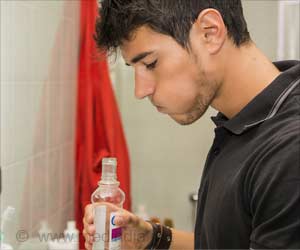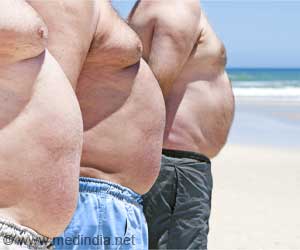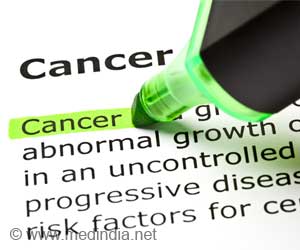Using mouthwash right after brushing can wash away the fluoride from toothpaste, reducing its protective effects on your teeth.
- Immediate use of mouthwash after brushing reduces fluoride effectiveness
- Fluoride needs time to interact with teeth for maximum protection
- Use mouthwash at a different time to maintain fresh breath without compromising fluoride benefits
Effect of rinsing with mouthwashes after brushing with a fluoridated toothpaste
Go to source).
Waiting 15-30 minutes after brushing before using mouthwash ensures better fluoride protection. #mouthwash #dentalhealth #medindia’
The Role of Fluoride in Oral Health
Fluoride is a crucial ingredient in toothpaste that helps to strengthen tooth enamel and prevent cavities. When you brush your teeth with fluoride toothpaste, the fluoride is deposited onto your teeth’ surface, where it protects and rebuilds the enamel.This remineralization process is vital for maintaining strong, healthy teeth and preventing dental caries. Fluoride also has antibacterial properties that help reduce the harmful bacteria in your mouth, contributing to overall oral health.
Is it Bad to Use Mouthwash Right After Brushing?
Using mouthwash right after brushing can wash away the concentrated fluoride left on your teeth from your toothpaste Toothpaste: A Necessity of Daily Life. This diminishes the protective benefits fluoride provides, reducing its ability to strengthen your enamel and prevent decay.Immediate use of mouthwash can dilute the fluoride concentration, rendering your brushing effort less effective. This practice can also wash away the therapeutic agents in certain types of toothpaste designed to address specific dental issues, such as sensitivity or gingivitis.
Fluoride works best when it has time to interact with your teeth. After brushing, the fluoride in the toothpaste continues to work, even after you spit out the excess. This lingering fluoride provides a protective barrier, making your enamel more resistant to acid attacks from plaque bacteria, and sugars in your diet.
By allowing fluoride to remain on your teeth, you enhance its ability to integrate into the tooth structure, which can help repair early decay and strengthen weak spots on your enamel.
Optimal Use of Mouthwash
For the fluoride in your toothpaste to be most effective, it needs time to be absorbed by your teeth. By using mouthwash immediately after brushing, you rinse away this fluoride before it has had a chance to do its job.To maximize the benefits of fluoride, wait at least 15-30 minutes after brushing before using mouthwash. This waiting period allows fluoride to penetrate the enamel and provide long-lasting protection, ensuring that your teeth remain strong and less susceptible to decay throughout the day.
Mouthwash can still be a valuable part of your oral hygiene routine when used at the right time. Consider using mouthwash at a different time of day, such as after meals or snacks. This can help to freshen your breath, reduce bacteria, and wash away food particles without interfering with the fluoride from your toothpaste.
By using mouthwash independently of brushing, you can enjoy its benefits such as improved breath and a cleaner mouth while preserving the protective effects of fluoride on your teeth.
How to Choose the Right Mouthwash
Not all mouthwashes are created equal. Some contain fluoride, while others are primarily antiseptic. If you choose a fluoride mouthwash, using it at a separate time from brushing can still provide additional protection without diminishing the effect of your toothpaste.Look for mouthwashes that meet your specific needs, whether it’s for freshening breath, reducing plaque, or providing an extra fluoride boost. Consulting with your dentist can help you select the best mouthwash for your oral health goals.
While mouthwash can be a beneficial addition to your oral care routine, using it immediately after brushing can wash away the fluoride from your toothpaste, reducing its protective effects.
By waiting at least 15-30 minutes after brushing before using mouthwash, you can ensure that your teeth receive the maximum benefit from fluoride. Integrate mouthwash into your routine at a different time of day to maintain fresh breath and reduce bacteria, and always consult your dentist for personalized advice on maintaining optimal oral health. This thoughtful approach to oral hygiene will help you achieve the best possible outcomes for your dental health.
Reference:
- Effect of rinsing with mouthwashes after brushing with a fluoridated toothpaste - (https://pubmed.ncbi.nlm.nih.gov/19776570/)
Source-Medindia













